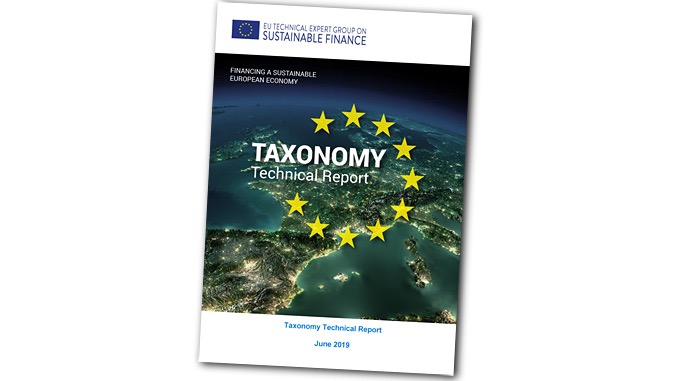- Client: EC - DG Environment
- Implementation period: July, 2021 - October, 2021 (Completed)
- Geographic coverage: European Union
- Theme: Sustainable finance
- Topic: EU Sustainable Finance
- Experts: Jeroen Oomkens, Jeroen van der Laan, Marwa Mahmoud, Tatiana Cuervo Blanco, Vegard Dahl, Andrea Finesso, Rachel Lamothe, Laurent Frapaise
The EU Taxonomy: Tackling the 4 non-climate related environmental objectives of the Taxonomy
Sustainable investments play a key role in providing solutions to environmental issues faced now and in the upcoming decades. In this context, the EU taxonomy is considered as an instrumental development, by offering an EU-wide classification system. This will allow stakeholders such as investors, companies, and project promoters to identify and respond to investment opportunities that contribute to an environmentally sustainable economy transition.
The EU Taxonomy requires sustainable activities to have substantial contribution to any of the following six environmental objectives: (i) climate change mitigation, (ii) climate change adaptation, (iii) sustainable use and protection of water and marine resources, (iv) transition to a circular economy, (v) pollution prevention and control and (vi) protection and restoration of biodiversity and ecosystems. An open public consultation (OPC) has been conducted by the Platform on Sustainable Finance to gather feedback on the technical screening criteria on NACE activities for the non-climate objectives. The OPC also provided sakeholders with an opportunity to comment on a potential extended EU Taxonomy, which could entail social criteria and a classification of harmful and low impact activities. Beyond NACE-specific technical screening criteria, respondents could also share scientific background to strengthen the underpinnings of the EU Taxonomy.
The overall objective of the study was to provide support to the Platform on Sustainable Finance by carrying out an in-depth analysis of the results of the OPC. This was done through the creation of a user-friendly analytical workbook and by providing analyses on specific areas of the Taxonomy. This analysis fed into the second delegated act of the EU Taxonomy.
The project was conducted by Trinomics (lead) in collaboration with Ricardo and OÏR Consulting.
